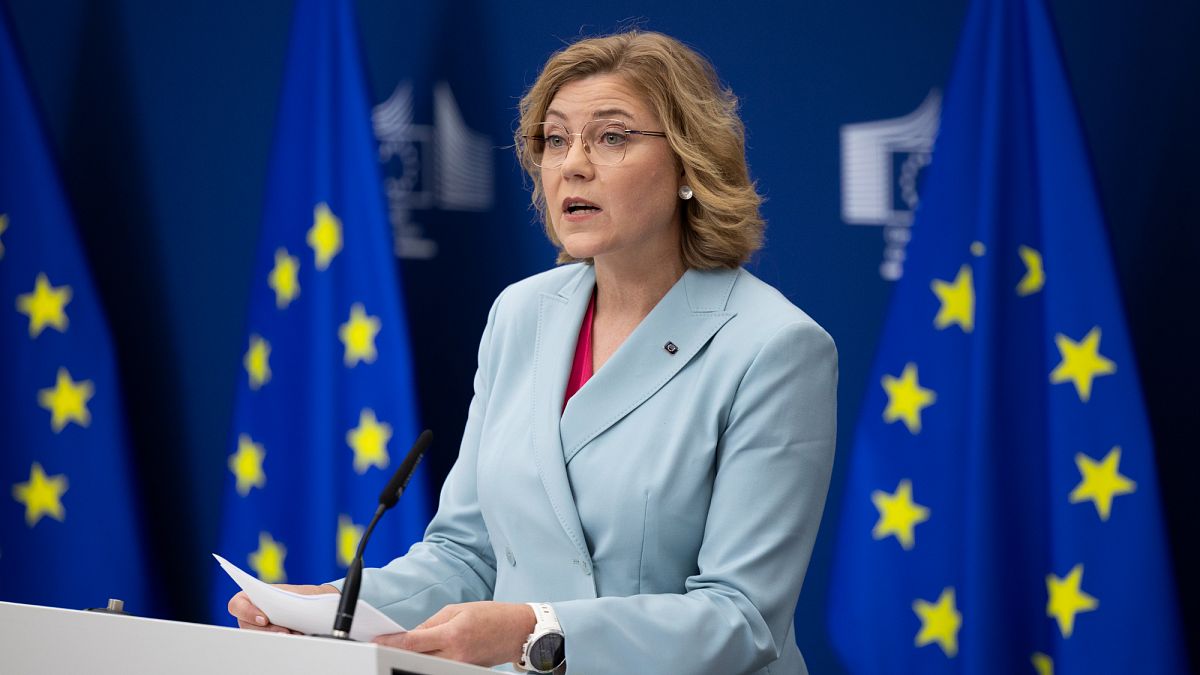

Amidst a rapidly advancing technological landscape, a wave of strategic initiatives and developments are emerging across Europe and beyond. These endeavors aim to foster innovation, enhance security, and create future-oriented solutions in various sectors including technology, biotechnology, and artificial intelligence.
In a significant move aimed at propelling technological advancement, the European Commission has unveiled its inaugural quantum strategy. This milestone initiative endeavors to bolster the European Union’s capabilities in the domain of quantum computing. Recognizing the profound implications quantum technology holds for multiple fields such as healthcare, defense, and cybersecurity, Brussels is uniting efforts to advance innovation and establish Europe as a leader in this transformative sector. This quantum strategy emphasizes collaboration across member states, seeking to cultivate an ecosystem that nurtures breakthroughs and ensures Europe remains at the forefront of the global tech race.
Across the Atlantic, cybersecurity threats present continuous challenges, as demonstrated by recent revelations involving a hacker group linked to Iran. This group, known as Robert, has threatened to expose 100 gigabytes of emails belonging to the circle of US President Trump. This incident underscores the persistent risks posed by cyber threats to national security and privacy. As digital communication becomes increasingly integral to all spheres of governance, the necessity to strengthen cybersecurity measures is paramount in maintaining integrity and trust.
Meanwhile, the landscape of biotech innovation within the EU is gaining attention with a call for a dedicated stock market similar to the NASDAQ in the US. The EU’s pharmaceutical lobby chief has advocated for a European life sciences-focused market to enhance biotech innovation and investment. The aim is to provide a platform that supports emerging biotech enterprises, encouraging them to flourish within Europe while retaining intellectual capital and financial resources. This initiative holds promise in fortifying Europe’s capacity to innovate and compete globally in biotechnology.
On another note, China recently hosted its first fully autonomous AI robot football match, a symbolic representation of the strides made in artificial intelligence technology. In Beijing, a three-a-side game featured humanoid robots attempting to play football autonomously, highlighting both the potentials and current limitations of AI capabilities. While the robots displayed challenges in coordinating movements and maintaining balance, this event marks a significant step towards refining AI for complex tasks. The endeavor reflects the broader trend of integrating AI into diverse aspects of society, offering insights into what the future of robotics may hold.
Together, these developments spotlight a global commitment to harnessing the potential of technology while addressing its accompanying challenges. From quantum computing initiatives in Europe to strengthening biotech innovations, and advancing AI applications, these efforts illustrate a collective stride towards building a technologically empowered future. As innovations evolve, so too does the opportunity to craft a world where technology serves as a cornerstone for growth, security, and prosperity.
Source: {link}
